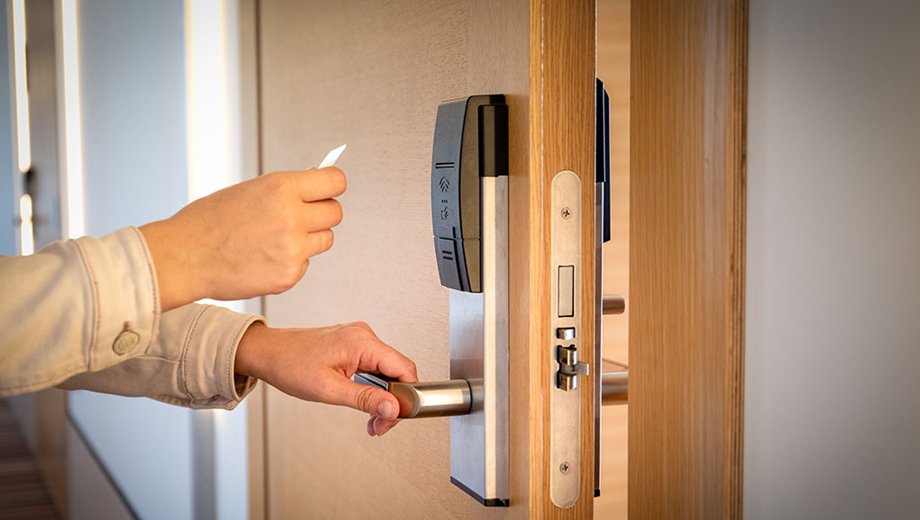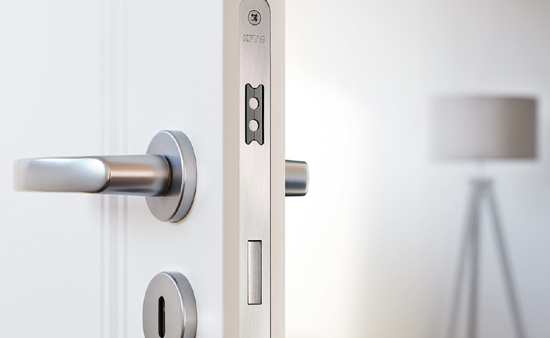Understanding Magnetic Locks: A Modern Security Solution


In the bustling city of San Antonio, locksmiths play a crucial role in ensuring the security and convenience of residents and businesses alike. From early morning lockouts to late-night emergencies, a locksmith’s day is anything but ordinary. Let’s take a closer look at a typical day in the life of a locksmith, exploring the skills, tools, and techniques they employ to keep San Antonio secure.
What Are Magnetic Locks?
Magnetic locks are a type of locking mechanism that uses an electromagnetic force to secure a door. Unlike traditional locks that use mechanical components such as pins and tumblers, magnetic locks rely on the power of magnets to keep doors closed. This makes them less prone to physical tampering and more reliable in environments where high security is essential.
How Do Magnetic Locks Work?
Magnetic locks consist of two main components:
- The Electromagnet: This is typically installed on the door frame.
- The Armature Plate: This is attached to the door itself.
When the lock is engaged, an electric current passes through the electromagnet, creating a magnetic field that attracts the armature plate. The magnetic force is strong enough to keep the door securely closed. When the current is cut off, the magnetic field dissipates, allowing the door to open freely.


Advantages of Magnetic Locks
- High Security: Magnetic locks provide a strong and secure barrier that is difficult to force open, making them ideal for high-security applications.
- No Moving Parts: With no mechanical parts to wear out, magnetic locks are durable and require minimal maintenance, leading to lower long-term costs.
- Fast and Reliable: Magnetic locks engage and disengage quickly, making them perfect for environments where quick access is necessary, such as hospitals or offices.
- Fail-Safe and Fail-Secure Options: Depending on your security needs, magnetic locks can be configured to either remain locked or unlocked in the event of a power outage.
- Integration with Access Control Systems: Magnetic locks are easily integrated with access control systems, allowing for enhanced security management and monitoring.
Applications of Magnetic Locks
Magnetic locks are versatile and can be used in various settings, including:
- Commercial Buildings: To secure entrances, exits, and restricted areas.
- Residential Properties: For added security on gates, doors, and windows.
- High-Security Facilities: Such as banks, laboratories, and government buildings, where the highest level of security is required.
- Healthcare Facilities: To secure patient areas, medication storage, and restricted zones.


Considerations When Choosing Magnetic Locks
While magnetic locks offer many benefits, there are a few considerations to keep in mind:
- Power Dependency: Since magnetic locks rely on electricity, a power outage can affect their operation. Backup power sources or alternative locking mechanisms may be needed.
- Installation: Proper installation by a professional is crucial to ensure the lock functions correctly and provides the desired level of security.
- Compatibility: Ensure that the magnetic lock is compatible with your existing door and access control systems.
Conclusion
Magnetic locks are a powerful and reliable security solution for a wide range of applications. Their strength, durability, and ability to integrate with modern security systems make them an excellent choice for anyone looking to enhance the safety of their property. If you’re considering upgrading your security system, magnetic locks might be the key to peace of mind.

